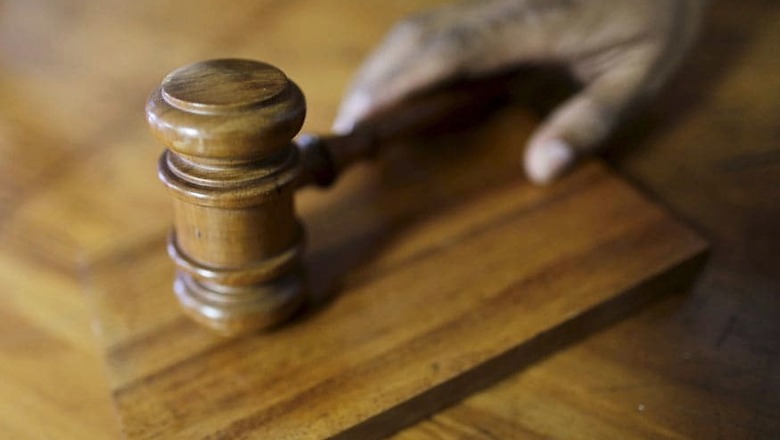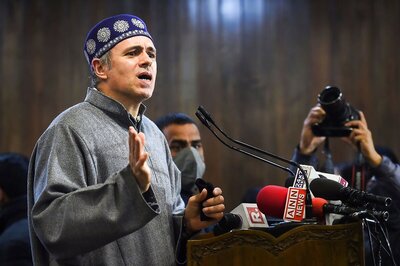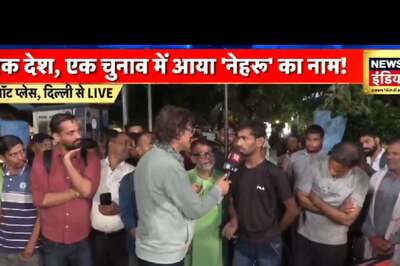
views
Emergencies vest substantial power in the executive as increased government action may be necessary to preserve public health, Supreme Court judge Justice DY Chandrachud has said, while emphasising that it is the court's responsibility to protect the rights of citizens, ensure accountability and the rule of law.
Justice Chandrachud's observations during a webinar, organised by students of the NALSAR University of Law, Hyderabad, assume significance in view of the fact that SCBA president and senior advocate Dushyant Dave and few others have questioned the role of judiciary during the pandemic.
The judiciary was failing in its duty to hold the executive accountable, Dave has recently said, adding, "Nobody wants the judiciary to interfere in the daily functioning of the executive but the it must hold the executive answerable".
While speaking on the subject of 'The Future Of Virtual Courts And Access To Justice In India', Justice Chandrachud, who is also the chairperson of the apex court's e-committee, said, "Emergencies vest substantial powers in the executive. During a public health crisis, increased government action may be necessary to preserve public health and welfare.
"However, irrespective of government actions and restrictions, it is the court's responsibility to protect the rights of citizens, to ensure governmental accountability and the rule of law."
He also said the open-court hearing is the "spine" of the justice delivery system and virtual courts cannot substitute them.
"From the point of view of today, the present 'lockdown' and the associated restrictions are unprecedented in Indian history and the court has had to adapt. As we learn to live with the virus, courts must move from an 'urgent only' system to being fully functional. We must ask ourselves what lessons we have learned from the present pandemic. We want to increase functionality and may even return to open court, but we do not want to throw out the baby with the bathwater," he said.
"Virtual courts will not displace open courts. They cannot be a substitute or panacea for open courts," Justice Chandrachud said.
The apex court has been urgent hearing cases through video-conferencing from March 25 due to the COVID-19 lockdown in the country.
On the use of virtual courts, Justice Chandrachud said the judiciary had no choice but to resort to hearings through video-conferencing due to the seriousness of the pandemic.
He said that prior to lockdown, steps were taken by the apex court and other courts to address the threat of the COVID by "limiting the number of lawyers within courtrooms, sanitising courtrooms between hearings, temperature checking at court entrances, and social distancing on court premises".
On measures taken after the 'lockdown' was announced, he said as the criminal justice system cannot function without courts, the top court "directed suspension of the limitation period under all general and special laws from 15 March 2020 to combat the difficulties faced by the litigants in approaching the courts."
Courts extended interim and bail orders that were due to expire during the 'lockdown', he said, adding that the lockdown put the "e-courts project" to the test.
Referring to the changes in technology, the head of the SC's e-committee said that two visible changes came into being and they were "video conferencing and e-filing".
"As we learn to live with the virus, we must strive to be fully e-capable. The long-term goal of the e-courts project is to ensure that all courts in India are capable, where and when necessary, of receiving e-filings, conducting hearings online and delivering judgements online; at both the trial and appellate stage.
"Not only courts, but prisons and police stations should have electronic records and videoconferencing capabilities so that the criminal justice system may run entirely online if required to," Justice Chandrachud said.
He stressed the need for balancing the vision with the present practical limitations and said immediately, a permanent move to video conferencing in all hearings in all courts may neither be practicable nor desirable as all Indians do not have access to high speed internet.



















Comments
0 comment